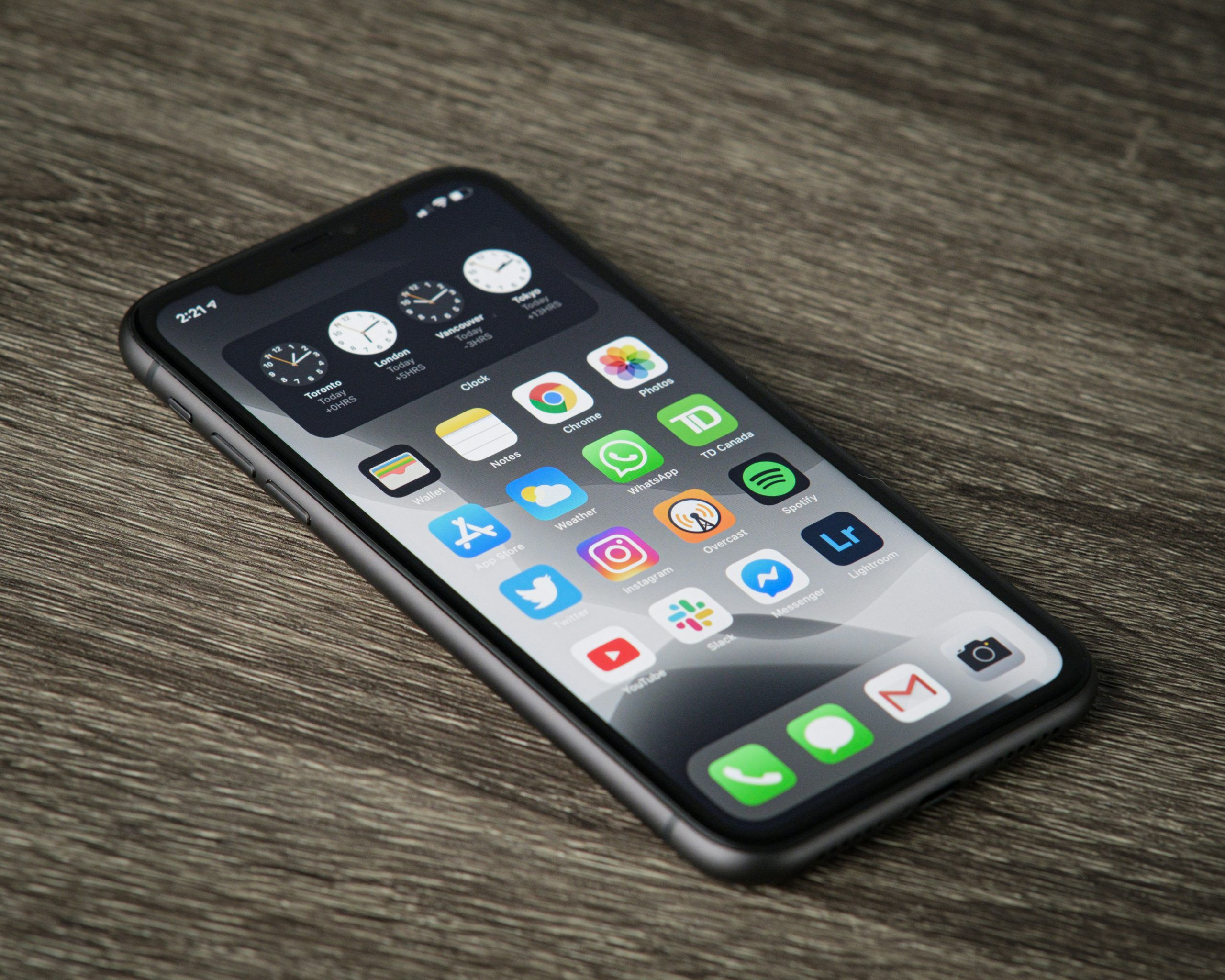The prevalence of cyber threats has made the security of our digital devices more critical than ever. iPhones, long lauded for their robust security measures, are not immune to hacking attempts. Your iPhone is your digital gateway to a wealth of personal and sensitive information, so recognizing the signs of potential hacks is paramount. In this post, we’ll guide you through the crucial indicators that your iPhone may have been compromised and highlight essential steps you can take to secure it.
Understanding the iPhone’s Security Framework
Before diving into the signs of a potential hack, it’s crucial to understand the inherent security features of the iPhone. Apple has designed its devices with multiple layers of security to protect user data. The key components include:
- Hardware Encryption: All iPhone data is automatically encrypted once a passcode is set. But some apps can have a remote installable keylogger to record your phone.
- Secure Enclave: A coprocessor that provides a safe environment for critical security functions.
- App Store Policies: To prevent malicious apps, Apple’s rigorous review process filters out questionable software from the App Store.
- Regular Updates: Apple provides regular security updates to patch vulnerabilities and safeguard against new threats.
Despite these measures, no system is entirely infallible. Thus, educating yourself on potential weaknesses and remaining vigilant is essential.

Common Signs of iPhone Hacks
Hackers employ a variety of methods to breach an iPhone’s defenses. Here are the most common signs to watch out for:
- Unusual Battery Drain: If your iPhone suddenly starts losing its charge noticeably quicker than usual, it could be a sign of a background app running due to malware or a compromised settings issue.
- Overheating: An incessantly hot iPhone, unrelated to high-usage scenarios like gaming, might signal that malicious software is using the device to perform intensive tasks.
- Slow Performance: Malware can cause an iPhone to run sluggish by consuming system resources or disrupting typical functions, like your internet connection or apps.
- Data Usage Spikes: Hackers often use your data connection to transmit stolen information, leading to unexplained spikes in your mobile data usage.
- Increased Data Requests: Your data carrier might alert you to more data requests, which could indicate unauthorized background activities.
- Suspicious Text Messages or Calls: Phishing attempts often start with unusual or cryptic messages and calls that aim to extract personal information.
- Unauthorized App Installs: Noticing apps you didn’t install on your iPhone is a clear red flag. These could be malicious software with harmful intentions.
What to Do If You Suspect Your iPhone Is Hacked
If you notice one or several of these signs, it’s not a time for panic but swift action. The following steps will help you secure your iPhone and protect your data:
-
Update Your Software
Start by ensuring your iPhone’s software is up to date. Apple regularly releases security patches for known vulnerabilities.
-
Check for Unfamiliar Apps
Scan your iPhone for apps you don’t recognize or didn’t install. Uninstall any suspicious applications immediately.
-
Secure Your Accounts
Change passwords for critical accounts, including your Apple ID, email, and banking. Enabling two-factor authentication adds an extra layer of security.
-
Reset Settings
Perform a settings reset to clear out any configurations that could be serving a hacker’s needs.
-
Install Malware Detection Apps
Consider installing reputable anti-malware and security software to scan and monitor your device for any malicious activity.
-
Contact Apple Support
If you can’t resolve the issue, contact Apple Support or visit an Apple Store. They’re equipped to handle these types of problems and can offer further assistance.
-
Erase and Restore
If you suspect a sophisticated hack, the last resort is to erase your iPhone and restore it from a recently saved backup. This ensures the elimination of any persistent malware.

Conclusion
The infiltration of an iPhone represents a significant breach of personal privacy and security. The signs of a hack are sometimes subtle, so understanding and recognizing them are vital. In the event of a suspected hack, take the defined steps to secure your device and data. Being proactive with preventative measures greatly decreases your risk of future intrusions. Finally, never underestimate the power of education and staying informed — with technology evolving continually, so must our awareness and defenses. Remember, a secure iPhone is not just a reflection of its impeccable design, but also of the user’s diligence in maintaining its integrity.

